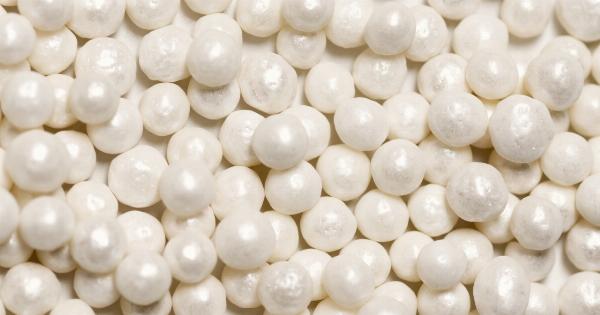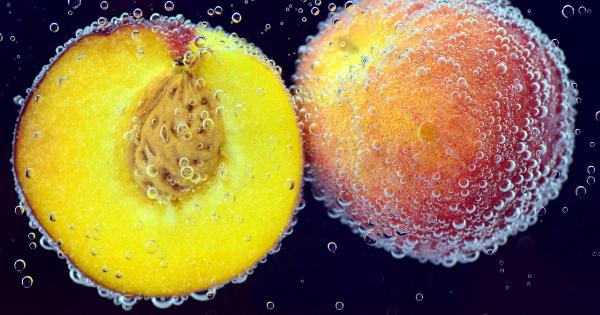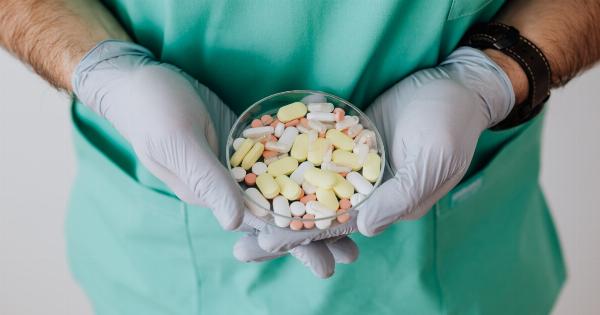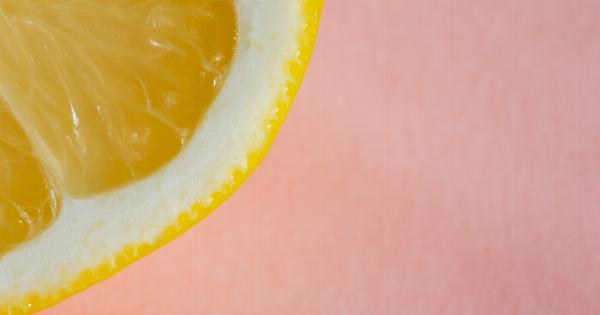Caffeine is a natural stimulant that is found in several beverages and foods, including coffee, tea, chocolates, energy drinks, and medications. It is known to boost energy levels, improve focus and alertness, and can even enhance physical performance.
How does caffeine work?
Caffeine works by blocking the action of adenosine, a neurotransmitter that signals the brain to feel tired and sleepy. By inhibiting adenosine, caffeine stimulates the central nervous system, causing increased alertness and energy.
What is the recommended daily intake of caffeine?
The amount of caffeine that is safe to consume varies from person to person, depending on factors such as age, weight, and overall health.
However, most health experts suggest that an adult can safely consume up to 400 milligrams of caffeine per day, which is equivalent to about four cups of coffee.
What are the effects of consuming too much caffeine?
Consuming too much caffeine can result in various side-effects, including:.
- Insomnia or difficulty falling asleep
- Increased heart rate
- Anxiety or nervousness
- Stomach upset or acid reflux
- High blood pressure
- Muscle tremors and jitters
- Headaches and migraines
What are potential long-term effects of consuming too much caffeine?
While moderate caffeine intake is considered safe for most individuals, consuming excessive amounts of caffeine can lead to long-term health issues such as:.
- Increased risk of osteoporosis
- Increased risk of kidney stones and urinary tract problems
- Increased risk of heart disease and stroke
- Increased risk of anxiety disorders and panic attacks
- Increased risk of sleep disorders
How much caffeine is in different types of beverages?
The amount of caffeine in different beverages varies widely. Here is a breakdown of the caffeine content in some popular beverages:.
- Coffee (8 oz cup) – 95 mg
- Black tea (8 oz cup) – 47 mg
- Green tea (8 oz cup) – 29 mg
- Soda (12 oz can) – 35 mg
- Energy drink (8 oz can) – 80 mg
- Dark chocolate (1 oz) – 20 mg
How can you reduce your caffeine intake?
If you are looking to reduce your caffeine intake, there are several ways to do so:.
- Switch to decaffeinated coffee or tea
- Replace caffeinated drinks with herbal teas or flavored water
- Gradually decrease your intake over time
- Avoid consuming caffeine in the late afternoon or evening
- Stay hydrated by drinking plenty of water throughout the day
Conclusion
Caffeine is a widely consumed stimulant that can have several benefits when consumed in moderation. However, excessive caffeine intake can be harmful to your health, leading to several short-term and long-term side-effects.
It is recommended that adults consume no more than 400 milligrams of caffeine per day to minimize the risk of adverse effects.






























